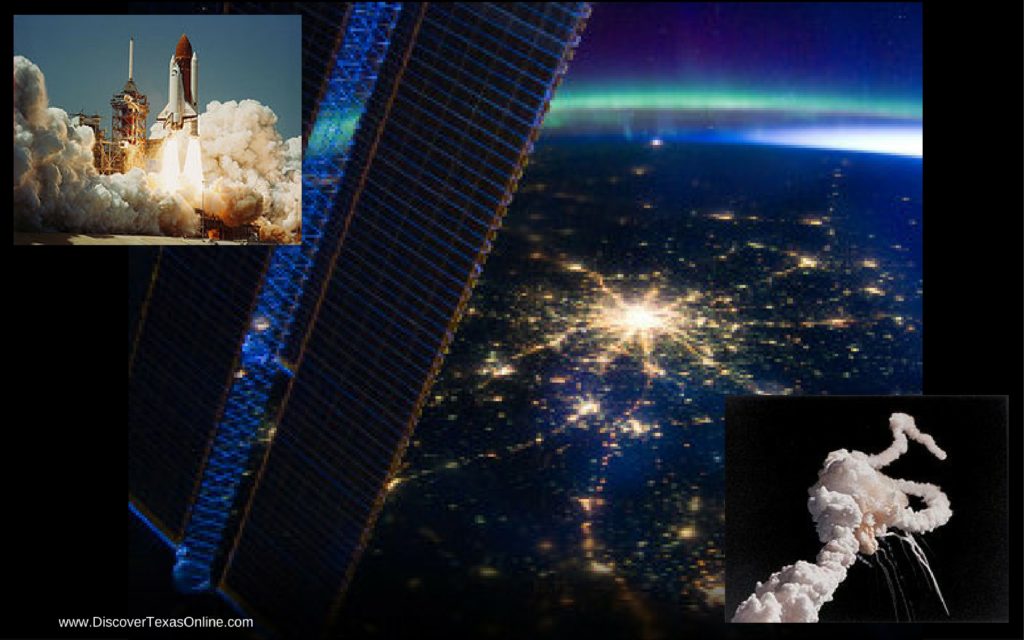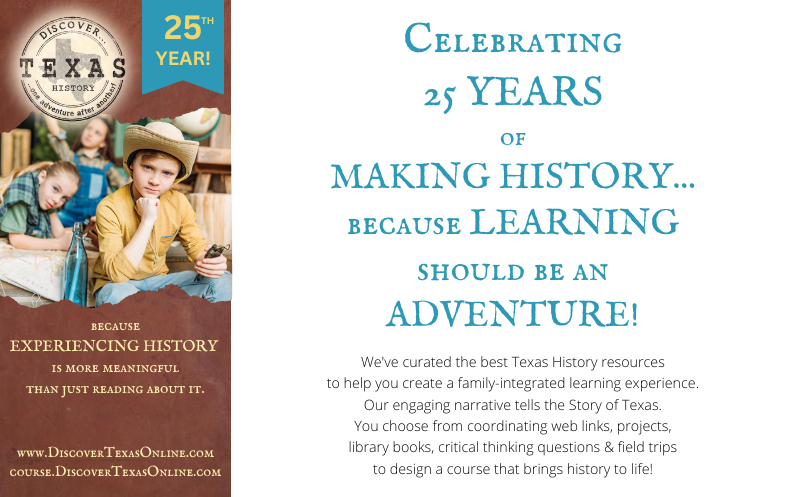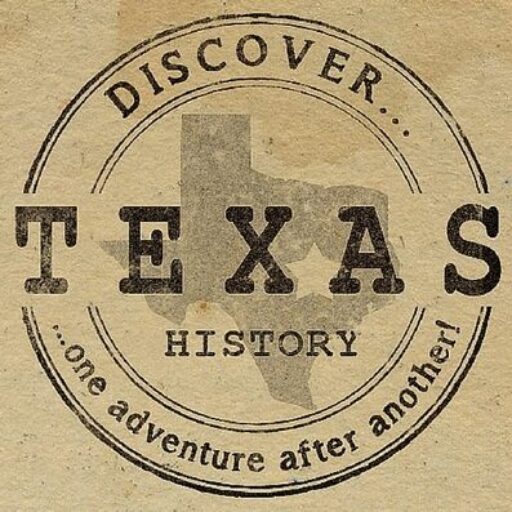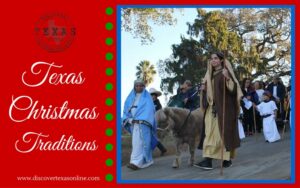 History is not just about long-ago events.
History is not just about long-ago events.
History is being made every day.
I was alive, but not old enough to remember, when John Glenn became the first American to orbit the earth.
I was 10 when Neil Armstrong and Buzz Aldrin landed the lunar module Eagle and walked on the moon. The first word from the moon’s surface? HOUSTON! (“Houston, the Eagle has landed.”) My grandmother was watching with me, and I’ll never forget how she stared with her mouth open and shook her head in wonder. She explained that when she was about my age, her father ran next door to call the doctor on the neighbor’s crank telephone. The doctor hitched his horse to a buggy and drove to their house to deliver her baby sister. “And to think…I just watched a man walk on the moon!” she said.
I’m not nearly her age now, but I can share her amazement at the way history has happened so quickly right in front of my eyes.
I clearly remember the cold day–January 28, 1986–when the space shuttle Challenger exploded shortly after takeoff. On board was Texas astronaut Judith Arlene Resnik.
On another cold day seventeen years later (February 1, 2003) the space shuttle Columbia disintegrated over Texas as it prepared for landing. The vapor trail following the disaster was visible over much of the state, and many citizens–including my husband–took part in search and recovery efforts. (He commanded an Air Force Reserve wing at Barksdale Air Base in Shreveport, Louisiana that served as a temporary morgue while the tragic crash was investigated.)
And I remember when President Obama retired the three remaining space shuttles–Discovery, Atlantis, and Endeavor–and ended the shuttle program in 2010. It was the end of a significant era of history, and Texas played a vital role.
History is always in the making!
Teaching Tips:
- On this anniversary of the Challenger explosion, encourage your children to ask several people–friends and family–if they remember where they were when the Challenger and/or Columbia were lost. How did it affect or impact them?
- If you can, plan a field trip to the Johnson Space Center in Houston (http://www.spacecenter.org/). They offer amazing educational programs for children! If you can’t go, you might still enjoy browsing their website.



